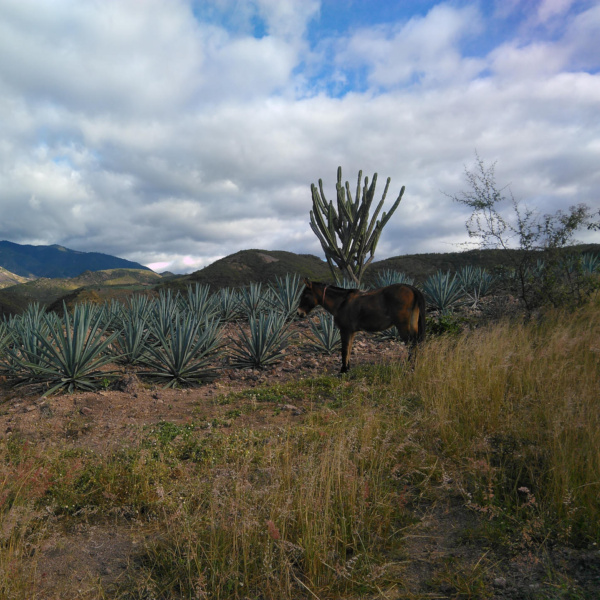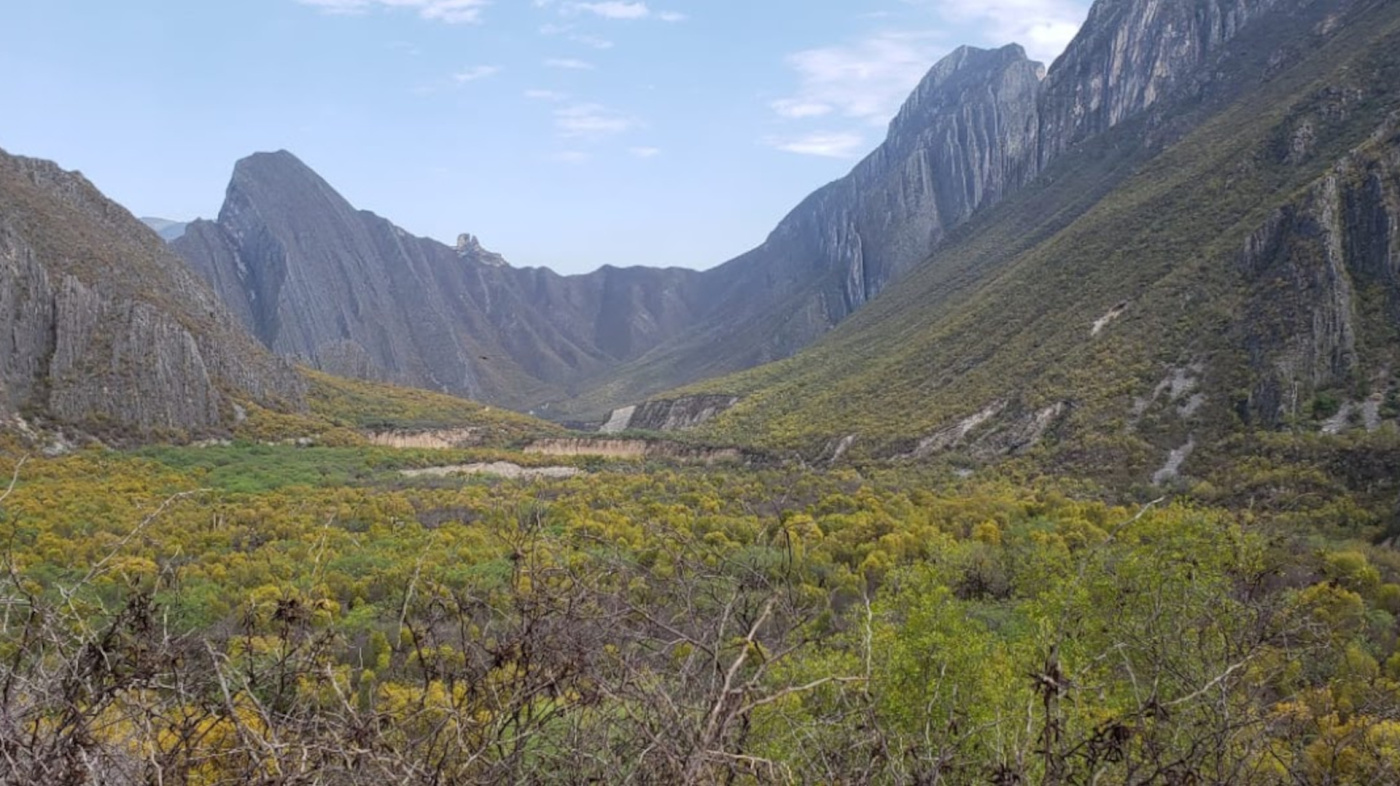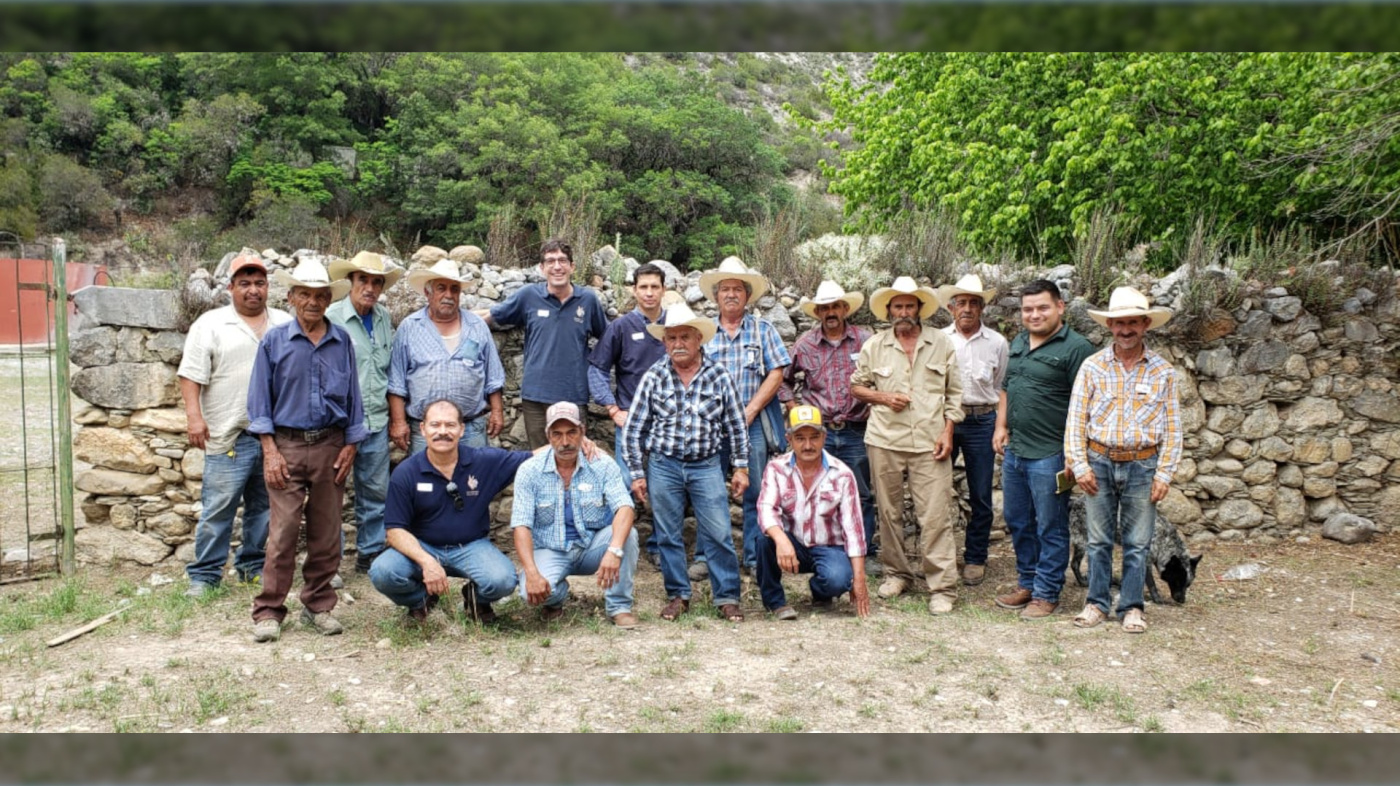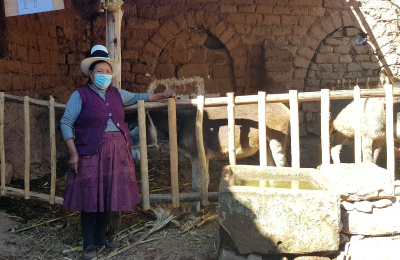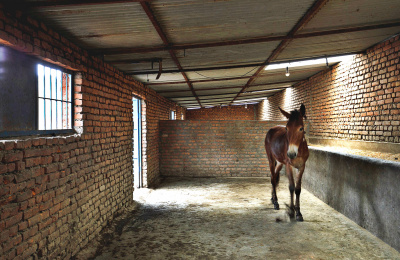The Donkey Sanctuary recently held a workshop with The Nature Conservancy in Canoas, northern Mexico, to explore ways of improving the welfare of donkeys and mules supporting an impoverished community working in forestry conservation.
The Nature Conservancy, founded in the US in 1951, is a global environmental, non-profit organisation working to create a world where people and nature can co-exist and thrive.
During the workshop, our Mexico team assessed the role working donkeys and mules play in the community, exploring the challenges owners face in maintaining good welfare, for example, how to address poor nutrition due to the scarcity of local grasses in seasons with frost and low rainfall.
Eduardo Santurtun, The Donkey Sanctuary’s Regional Director for the Latin America and Caribbean Office, said: “Our staff led the workshop and participant activities to try and identify problems, find potential solutions and map out actions to improve donkey and mule welfare in the short, mid and long-term. Key problems were related to weather changes in the community and seasonal shocks affecting donkeys.”
Canoas is a small, rural community in a region that used to depend on forestry and its by-products. Nearly every household has one or two donkeys or mules to support daily activities, such as carrying firewood and preparing land for agricultural activity. When the area was declared a National Park it left the population mostly dependent on forestry conservation. With young people increasingly moving to the cities for work, the small and ageing population left behind – about 30 people from a previously thriving community of approximately 200 – has been left struggling to maintain livelihoods.
The project found that although donkeys do not directly contribute to the conservation of natural resources they are critical for supporting the dwindling human population that continues to maintain forest conservation as a way of life. This was the first opportunity to work in Mexico with a conservation-focused NGO. We hope that the workshop marks the start of a collaborative process with The Nature Conservancy on similar projects in the region.
